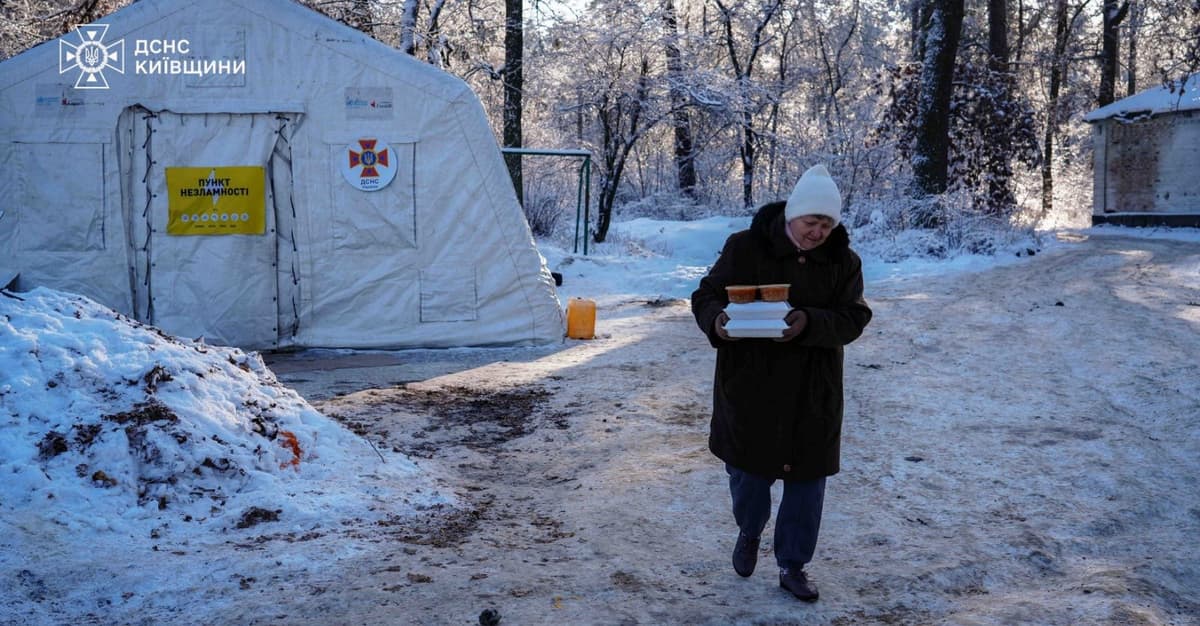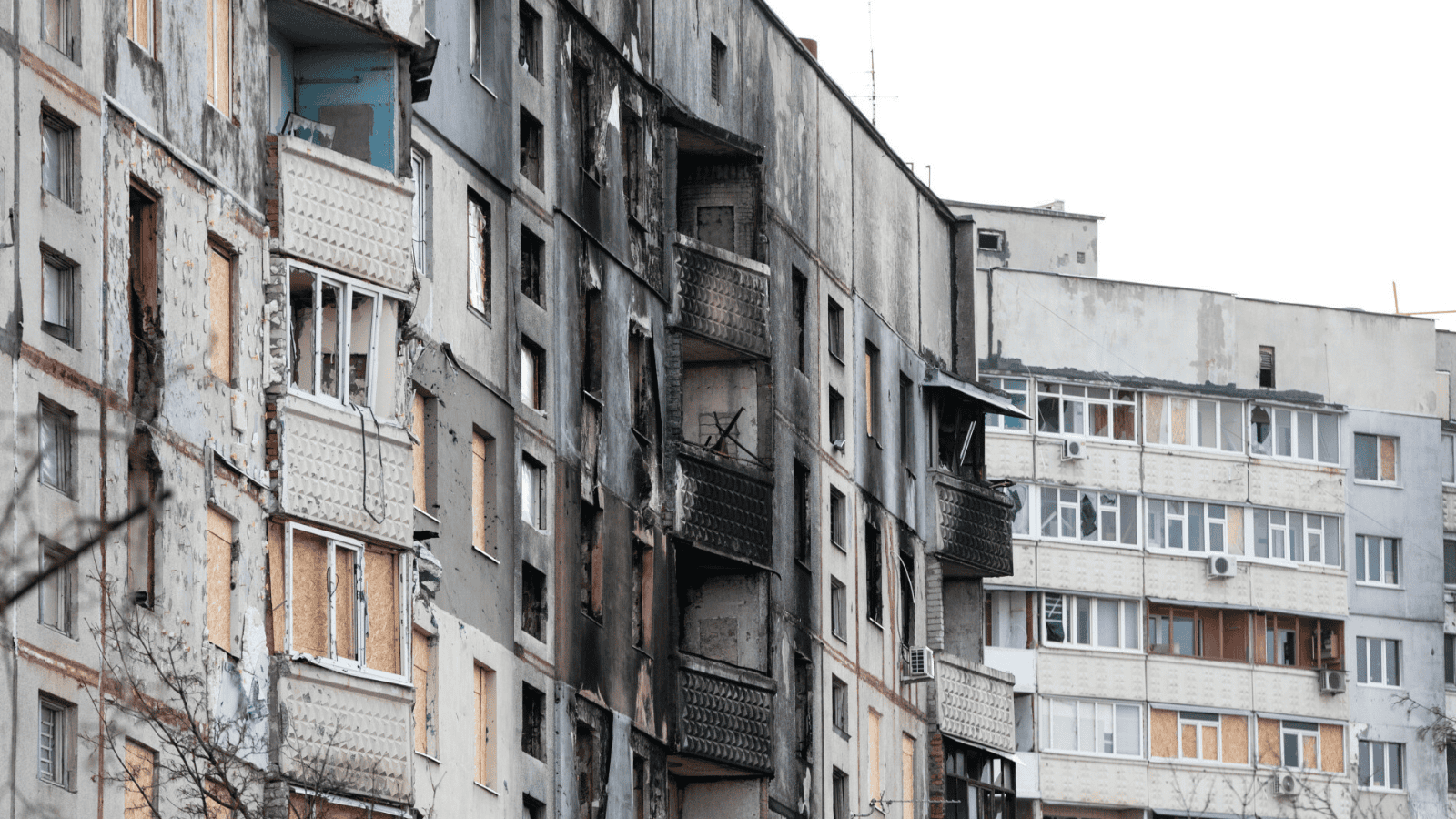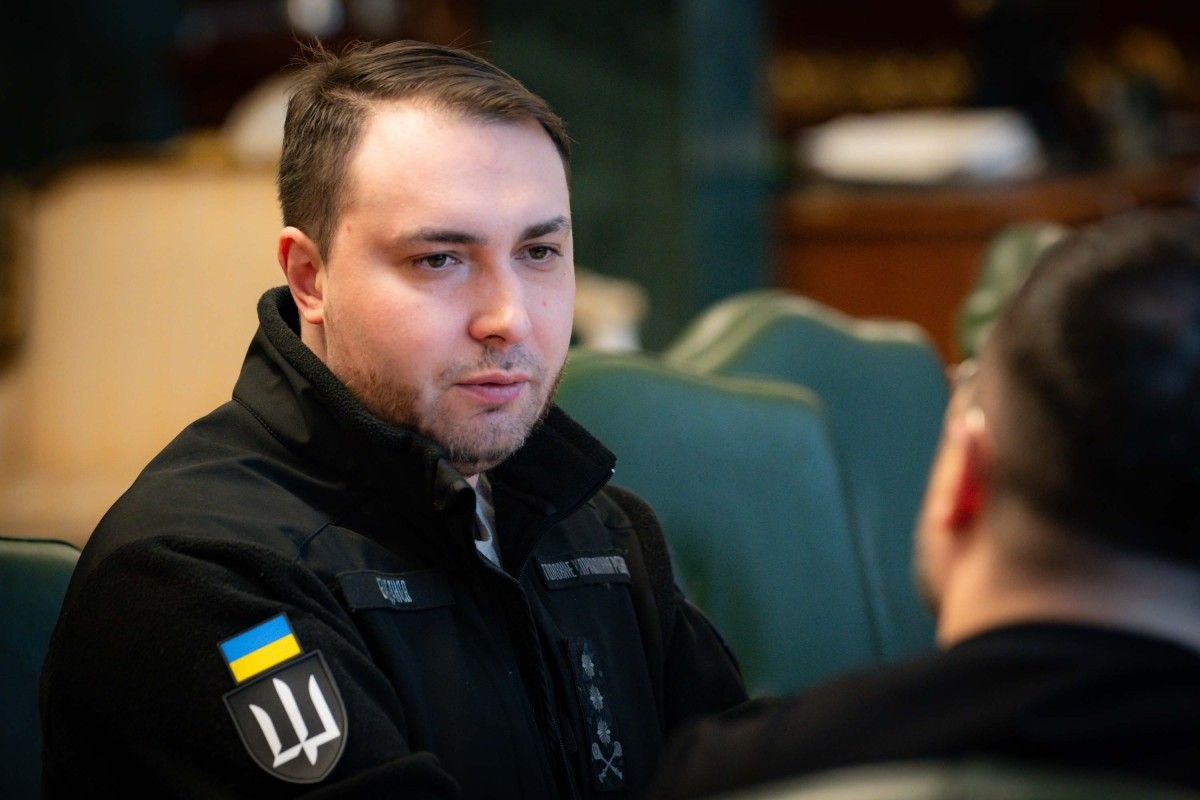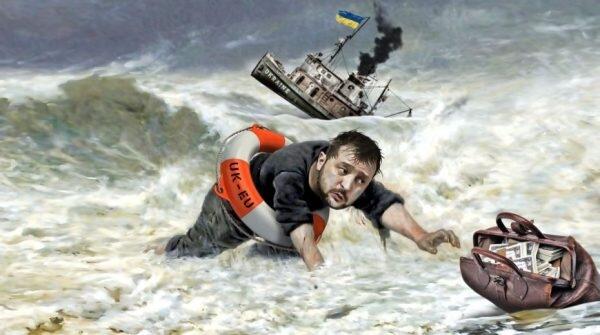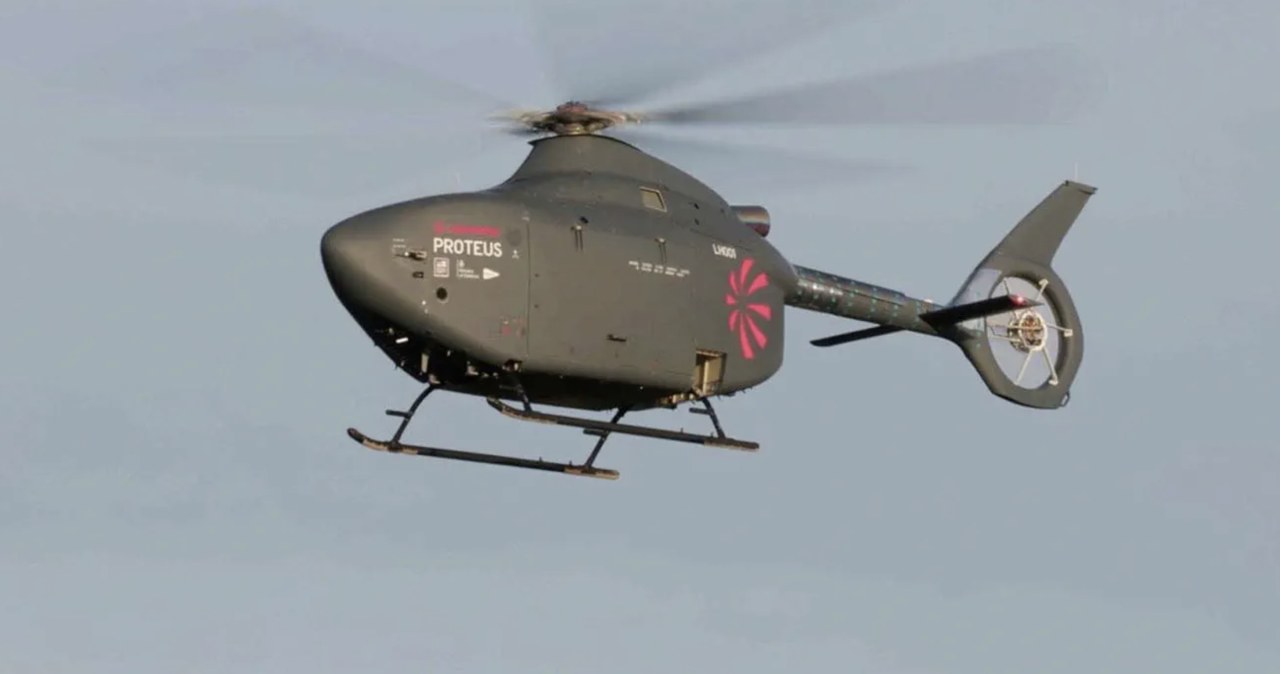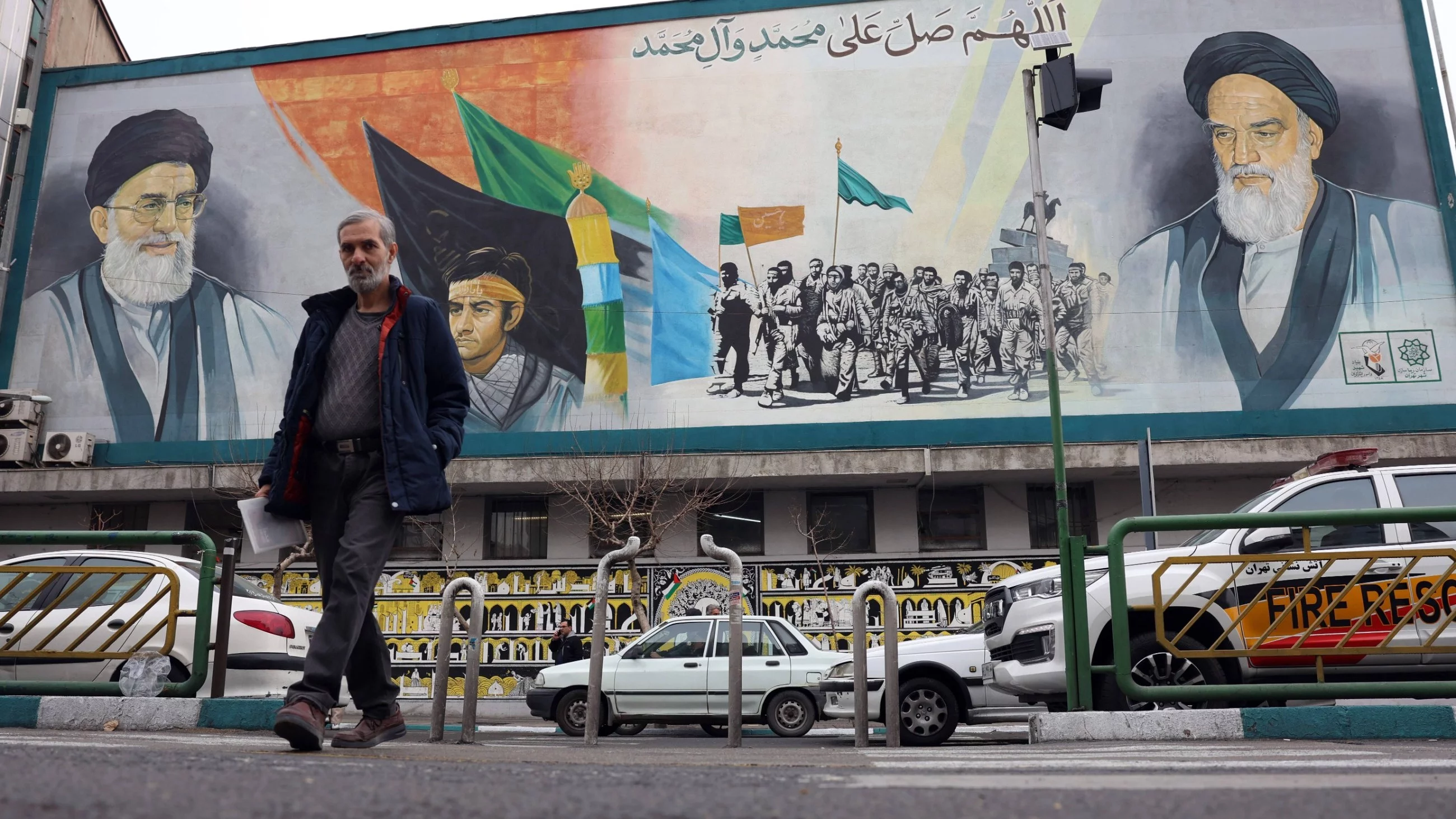Начало и ход русско-украинской войны с 2014 года в основном определялись тем, что у России есть оружие массового уничтожения, а у Украины его нет. Как ни странно, эта ситуация легитимизируется, кодифицируется и сохраняется одним из наиболее важных с политической точки зрения и 191 государством, подписавшим наиболее всеобъемлющие многосторонние соглашения современного международного права. Договор о нераспространении ядерного оружия 1968 года позволяет России как официальному государству, обладающему ядерным оружием, создавать и приобретать ядерные боеголовки. В то же время ДНЯО прямо запрещает Украине, как официальному государству, не обладающему ядерным оружием, делать то же самое. Неядерные союзники Украины - от Канады на Западе до Японии на Востоке - также связаны ДНЯО, а также конвенциями по химическому и биологическому оружию, с их статусом чисто обычных военных держав.
В своей второй статье ДНЯО постулирует для всех, кроме пяти из 191 государства, подписавших его, включая Украину, что е) каждое государство - участник Договора, не обладающее ядерным оружием, обязуется не получать от какого бы то ни было лица, передающего ядерное оружие или другие ядерные взрывные устройства, или не осуществлять контроль над таким оружием или взрывными устройствами прямо или косвенно; не производить или иным образом приобретать ядерное оружие или другие ядерные взрывные устройства; и не запрашивать или получать какую-либо помощь в изготовлении ядерного оружия или других ядерных взрывных устройств. " Таким образом, ДНЯО предотвратил как сдерживание Украины, так и ее защиту от официального ядерного государства России.
Будапештский меморандум 1994 года как приложение к ДНЯО
Еще более странно, что возникшее постсоветское украинское государство в начале 1990-х годов обладало третьим по величине в мире арсеналом ядерных боеголовок - наследством от Советского Союза, который распался с августа по декабрь 1991 года. Сразу после обретения Украиной независимости количество ее атомных вооружений в течение короткого периода было больше, чем у Китая, Франции и Соединенного Королевства, вместе взятых, оружия массового уничтожения. Большинство украинских и Многие иностранные наблюдатели теперь признают, что Киеву было наивно избавляться в середине 1990-х годов не только от большинства, но и от всех своих ядерных материалов, технологий и систем доставки.. По крайней мере, было неразумно не требовать взамен надежного механизма защиты, такого как членство в НАТО или пакт о взаимной помощи с США. Хуже того, многие украинские боеголовки, ракеты, бомбардировщики и т.д. не были уничтожены на Украине, а переданы - из всех стран - России.
Вместо альянса, который мог бы его защитить, Киев получил в обмен на свое добровольное ядерное разоружение письменную гарантию безопасности от Москвы, обещая в теперь печально известном Будапештском меморандуме уважать суверенитет и целостность Украины. На последнем саммите Конференции по безопасности и сотрудничеству в Европе, перед тем как она трансформировалась в ОБСЕ, в столице Венгрии в декабре 1994 года Российская Федерация (РФ), Соединенные Штаты (США) и Великобритания (Великобритания) подписали с Украиной судьбоносное соглашение. В коротком документе дублировались два аналогичных меморандума, которые были специально разработаны для постсоветских обладателей частей ядерного арсенала бывшего СССР — Украины, Белоруссии и Казахстана. Будучи так называемыми «депозитарными правительствами» Договора о нераспространении, Москва, Вашингтон и Лондон стали в 1994 году и до сих пор являются гарантами границ этих трех бывших российских колоний и советских республик.
В своих трех Будапештских меморандумах государства-депозитарии ДНЯО заверили Киев, Минск и Алматы/Астану, что они не будут ни давить, ни атаковать три постсоветские страны. Это обещание было дано США, Великобританией и РФ в обмен на согласие Украины, Белоруссии и Казахстана избавиться от всех своих военных ядерных возможностей и войти в режим нераспространения как должным образом неядерных государств. Китай и Франция, как два других официальных государства, обладающих ядерным оружием в рамках ДНЯО, выпустили отдельные правительственные декларации, также заверяя Украину, Белоруссию и Казахстан в уважении их границ. Недавно эта история была мастерски детализирована Ядерный историк Гарварда Мариана Буджерын В своей отмеченной наградами книге Наследование бомбы: распад СССР и ядерное разоружение Украины (Johns Hopkins University Press 2022).
Гарантии или гарантии безопасности?
Безусловно, англоязычные названия трех Будапештских меморандумов говорят только о «гарантиях безопасности» со стороны правительств-депозитариев ДНЯО для Украины, Беларуси и Казахстана. Эти лингвистические детали иногда подразумевают, что обещания, данные Вашингтоном, Москвой и Лондоном Киеву, Минску и Алматы/Астане в 1994 году, были лишь полуобязательными. Таким образом, история гласит, что явное нарушение Россией своего двадцатилетнего соглашения с Украиной, когда Российская Федерация аннексировала Крым в 2014 году вместе со многими подобными действиями, предположительно является лишь незначительным нарушением некоторых уже устаревших заверений и логики режима нераспространения.
Однако наиболее актуальные на сегодняшний день официальные переводы меморандумов, а именно русскоязычная и украиноязычная версии документа, заметно отличаются от английского оригинала. В российском и украинском заголовках Будапештского меморандума говорится о гарантиях безопасности. В русском языке это «О Гарантиях Безопасности» и на украинском «Pro harantii bezpeky». Русский и украинский переводы фразы «о гарантиях безопасности» в англоязычной версии Будапештского меморандума. "o zavereniiakh bezopasnosti" или "pro zavirennia bezpeky", не фигурируют в названиях меморандума российской и украинской версий.
Вашингтон и Лондон, таким образом, только «уверили» в англоязычной версии Будапештского меморандума, что они не будут оказывать давление или атаковать постсоветскую страну. Напротив, Москва «гарантировала» Киеву в русскоязычной и украиноязычной версиях документа территориальную целостность и независимость Украины. Русское слово "гарантии" в предлоге гласит: "гарантиях"в то время как украинское слово "гарантии" в обвинительном деле гласит: "Харантии". Эти два слова, если они написаны кириллическими буквами, выглядят достаточно похожими, чтобы утверждать, что Москва в декабре 1994 года полностью поняла, что она дает Киеву гарантии, а не просто гарантии безопасности.
Российская диверсия ДНЯО перед войной
Россия начала нарушать Будапештский меморандум и логику ДНЯО еще до начала войны против Украины и оккупации Крыма в феврале 2014 года. Например, Россия пыталась нарушить государственную территорию и границу Украины в 2003 году. с односторонним и в конечном итоге неудачным инфраструктурным проектом, приближающимся к украинскому острову Тузла в Керченском проливе Черного моря. Десять лет спустя Москва попыталась предотвратить предстоящее заключение Киевом уже парафированного Соглашения об ассоциации с Европейским союзом. В течение 2013 года она оказывала сильное экономическое и политическое давление на Киев - своего рода поведение, явно запрещенное правительством. Будапештский меморандумТретья статья.
Также стоит напомнить, что Россия начала уже в середине 1990-х годов, задолго до того, как звезда Путина в российской политике начала подниматься, явно нарушать логику режима нераспространения на постсоветском пространстве. Москва сделала это в отношении другого европейского государства-преемника СССР, Республики Молдова, которая не получила Будапештский меморандум, но, как и Украина, присоединилась к ДНЯО в качестве государства, не обладающего ядерным оружием, в 1994 году. В том году, Кишинев также подписал соглашение с Москвой о выводе российских войск и о роспуске непризнанной «приднестровско-молдавской республики», поддерживаемой Москвой. в восточной Молдавии. Тридцать лет спустя ни одно из этих обязательств России по отношению к неядерному государству Молдова не было выполнено.
Аналогичная история продолжается с конца 2000-х годов в Грузии, которая также присоединилась в 1994 году к ДНЯО в качестве государства, не обладающего ядерным оружием. По окончании пятидневной русско-грузинской войны августа 2008 года Россия подписала с Грузией соглашение о прекращении огня. Так называемый «план Саркози» обязал Москву вывести свои войска из Грузии. Тем не менее, Россия оставила, в нарушение своего обещания 2008 года, большую часть своих регулярных сил на территории Грузии.. Более того, Москва признала два сепаратистских региона Грузии, Абхазию и «Южную Осетию» (то есть Цхинвальскую область Грузии), независимыми государствами – в явном противоречии с логикой режима нераспространения, в котором официально участвуют Россия и Грузия.
Безусловно, продолжающееся нарушение территориальной целостности Молдовы, Грузии и Украины в первую очередь определяется большей конвенциональной, а не высокой ядерной военной мощью России. Тем не менее, обладание Москвой атомным оружием, а также Кишинев, Тбилиси и отказ Киева от владения ОМУ уже 30 лет являются важным фактором экспансивного поведения Кремля. Без большого ядерного военного потенциала России пришлось бы быть гораздо осторожнее с постоянным развертыванием обычных сил в странах, где ее войска не нужны.
Более того, агрессивные действия Москвы, вопреки громким заявлениям Кремля, были лишь частично связаны с Молдовой, Грузией и международными или внутренними делами Украины. Российские войска незаконно размещены на территориях, с одной стороны, официальных претендентов НАТО Грузии и Украины, а с другой стороны, официально нейтральной Республики Молдова. Согласно действующей Конституции 1994 года, последний не может ни вступать в НАТО, ни впускать иностранные войска на свою землю. Российская оккупация Приднестровья, Абхазии и Южной Осетии продолжается независимо от геополитической позиции правительств Молдовы и Грузии в прошлом или сегодня. Было ли руководство в Кишиневе и Тбилиси коммунистическим или националистическим, и было ли оно дружественным или враждебным по отношению к Москве, мало повлияло на незаконную оккупацию Россией официальной молдавской и грузинской государственной территории. Это было и есть, несмотря на то, что эти территории охвачены ДНЯО и многочисленными другими договорами, связанными с безопасностью, участниками которых являются Россия, Грузия и Молдова.
Аналогичная история касается поведения России по отношению к Украине. Многие наблюдатели сегодня забывают, что Москва активизировала свою некинетическую «гибридную» войну против украинского государства еще до 2014 года и начала военный захват Крыма уже 20 февраля.в2014. В эти периоды времени украинское государство возглавлял громко пророссийский политик Виктор Янукович. Дружелюбный к Москве президент Украины все еще был у власти, когда Россия в течение 2013 года оказывала сильное экономическое и политическое давление на Украину, чтобы она не подписала Соглашение об ассоциации с ЕС. Это было несмотря на обязательства Москвы, а также Вашингтона и Лондона в Будапештском меморандуме. «воздерживаться от экономического принуждения, направленного на подчинение собственным интересам осуществления Украиной прав, присущих ее суверенитету, и тем самым обеспечивать преимущества любого рода».. Янукович также оставался у власти, когда Россия начала в феврале 2014 года незаконную оккупацию украинского Крымского полуострова, что также запрещено Будапештским меморандумом. Янукович покинул свой президентский пост, город Киев и в итоге Украину ради России после Российские регулярные войска без опознавательных знаков начали захват юго-украинской государственной территории силой.
Как Москва поставила ДНЯО на голову
С февраля 2014 года Россия не только еще более беспощадно атаковала Украина военными и невоенными средствами с регулярными и нерегулярными силами. Москва также все более бесцеремонно и демонстративно нарушает гарантии безопасности, которые она предоставила Киеву в Будапештском меморандуме 1994 года. Таким образом, действия Москвы все больше противоречат логике режима нераспространения с 1970 года.
Сегодня ДНЯО наряду с аналогичными конвенциями по биологическому и химическому оружию является центральной частью глобальной системы безопасности, созданной ООН после 1945 года. Помимо письменных положений ДНЯО, неявная функция ДНЯО заключается в том, чтобы поддерживать границы государств, не обладающих ядерным оружием, особенно в отношении пяти государств, официально обладающих ядерным оружием. Во введении ДНЯО является [r]призывая, что в соответствии с Уставом Организации Объединенных Наций [те] государства [которые подписали договор или присоединились к нему] должны воздерживаться в своих международных отношениях от угрозы силой или ее применения против территориальной целостности или политической независимости любого государства или любым другим образом, несовместимым с целями Организации Объединенных Наций [...]. " Ограничив временное владение атомным оружием пятью странами, которые также являются постоянными членами Совета Безопасности ООН («С5»), ДНЯО призван снизить риск межгосударственной войны в целом и использования ядерного оружия в качестве инструментов экспансионистских внешнеполитических дел в частности.
Являясь правопреемником СССР, учредителем и депозитарием ДНЯО, а также явным гарантом нерушимости границ Украины в Будапештском меморандуме, Россия поставила во главу угла цель режима нераспространения. Исключение ДНЯО из-за обладания Россией ядерным оружием помогло Москве вести экспансионистскую и геноцидальную войну против Украины. Запрет ДНЯО на владение Украиной ядерным оружием также помешал Киеву эффективно сдерживать и защищаться от российского натиска с 2014 года.
ДНЯО позволил Москве угрожать не только Украине, но и ее союзникам, особенно неядерным, ядерным уничтожением и ядерной зимой. Это особенно верно, если они продолжат оказывать помощь украинскому сопротивлению против непримиримого территориального расширения России и продолжающегося террора против гражданских лиц. Разрешение ДНЯО на владение Россией ядерным оружием имело в прошлом и будет иметь в обозримом будущем эффект сдерживания военной поддержки Украины со стороны международных законопослушных стран. Это торможение касается как предоставления Украине, так и разрешения на использование некоторых особенно эффективных обычных военных технологий, таких как немецкие крылатые ракеты Тельца. Он также остановил развертывание союзных войск на украинской территории, будь то НАТО, ЕС или специальная коалиция дружественных Украине национальных государств.
Если бы в 2014 году у Киева было ядерное оружие, Россия, скорее всего, не напала бы на Украину и тем самым рисковала бы стереть с лица земли, как это случилось с Хиросимой и Нагасаки в августе 1945 года. С другой стороны, если бы Москва не обладала ядерным оружием в 2014 году, западные союзники Украины, скорее всего, быстро пришли бы на помощь Киеву. Коалиция желающих, вероятно, освободила бы в 2014-15 годах незаконно аннексированный Крымский полуостров и оккупированные части Донбасса так же, как коалиция во главе с США в 1991 году освободила Кувейт, который был оккупирован и аннексирован Ираком годом ранее. Таким образом, правила, установленные ДНЯО, способствовали как началу территориальной экспансии России, так и геноцидной войне в 2014 году, а также последующему нежеланию международного сообщества решительно отменить первоначальный захват Москвы, предотвратить дальнейшую экспансию России и предотвратить продолжающийся геноцид на Украине.
Выводы и политические рекомендации
Режим ядерного нераспространения вступил в силу в 1970 году. С тех пор она извлекла свою легитимность из всеобъемлющего соглашения, которое помогает ограничить возникновение и эскалацию войн, а также предотвратить использование ядерного оружия в экспансионистских целях. Тем не менее, сегодня он производит довольно разные эффекты в связи с войной России за уничтожение и захват земель у государства-участника ДНЯО Украины. С 2023 года эти разрушительные последствия усугубляются все более прямым участием Северной Кореи, как государства, обладающего ядерным оружием, вне ДНЯО и не подписавшего Конвенцию о запрещении химического оружия, в русско-украинской войне. Будучи запрещенной ДНЯО иметь атомное оружие, Украина в настоящее время подвергается нападению со стороны двух стран, которые более или менее юридически обладают ядерным оружием.
Более того, России так или иначе помогает подрыв режима нераспространения со стороны дополнительных подписавших ДНЯО государств. Официальное ядерное государство Китай и, по крайней мере, на данный момент, неядерное государство Иран активно помогают России в ее военных усилиях путем предоставления военной помощи, двойного использования или / и невоенной помощи. Китай явно противоречит, поддерживая войну Россииего «Заявление правительства Китая о гарантиях безопасности Украины от 4 декабря 1994 года». В этом историческом документе, сданном на хранение Генеральной Ассамблее ООН, Пекин заверил Киев в связи с решением Украины стать государством, не обладающим ядерным оружием, в рамках ДНЯО и подписания Будапештского меморандума, что Китай "полностью понимает стремление Украины к обеспечению безопасности. [...] Китайское правительство постоянно выступало против практики оказания политического, экономического или иного давления в международных отношениях. Он утверждает, что споры и разногласия должны разрешаться мирным путем путем консультаций на равноправной основе. [...] Китай признает и уважает независимость, суверенитет и территориальную целостность Украины. "
Беларусь подписала Будапештский меморандум с США, Великобританией и Российской Федерацией в 1994 году. Тем не менее Белоруссия сегодня позволяет России размещать и эксплуатировать на своей территории не только обычные войска, но и ядерное оружие. Минск тем самым и многими другими способами помогает Москве в ее нападении на Украину. Страна также способствует подрыву идей ДНЯО и Будапештских меморандумов.
Будучи, как и Северная Корея, ядерным государством вне ДНЯО, Индия риторически поддерживает Украину, в отличие от Северной Кореи. Индия стала крупным торговым партнером России с 2022 года. Таким образом, Нью-Дели слишком косвенно способствует подрыву международного доверия к логике нераспространения.
Очевидно, что функционирование и будущее ДНЯО тесно связаны с курсом, результатами и последствиями российско-украинской войны. С учетом очевидной актуальности для человечества продолжения режима нераспространения можно рекомендовать заинтересованным в его защите субъектам следующие шесть стратегий:
- Все государства, подписавшие ДНЯО, обеспокоенные его сохранением, должны предоставить неядерному государству Украина военную и невоенную поддержку, насколько это возможно, что позволит Киеву добиться убедительной победы на поле боя и освобождения своих территорий, незаконно оккупированных Россией.
- Все государства, подписавшие ДНЯО, обеспокоенные его сохранением, должны потребовать от Москвы немедленного прекращения угроз ядерной эскалации, а также предупредить Россию и ее союзников о том, что такая эскалация вызовет у них решительную военную и невоенную контрреакцию.
- Все государства, подписавшие ДНЯО, обеспокоенные его сохранением, должны эффективно санкционировать и публично осуждать государства, обладающие ядерным оружием, Россию и Северную Корею, пока они продолжают вести экспансионистскую войну на территории неядерного государства Украина. Тот же механизм должен применяться в отношении продолжающейся оккупации Россией частей неядерных государств Молдовы и Грузии.
- Все государства, подписавшие ДНЯО, обеспокоенные его сохранением, должны настаивать на справедливом мире для Украины, включая полное восстановление ее территориальной целостности; полное сохранение национального суверенитета; полное возвращение всех военнопленных и депортированных гражданских лиц, включая детей; и полную компенсацию за разрушение Украины посредством российских репараций.
- Все неправительственные организации, предприятия и частные лица, выступающие за продолжение режима нераспространения, должны поддерживать, какими бы средствами они ни обладали, победу и восстановление Украины, а также публично выступать против и наказывать Россию и Северную Корею всеми доступными им инструментами.
- Вашингтон и Лондон, как правительства-депозитарии ДНЯО 1968 года и подписанты Будапештского меморандума 1994 года, несут особую ответственность перед Киевом. Поэтому США и Великобритания должны предложить Украине превратить свои 30-летние гарантии безопасности в пакт о взаимной помощи. Трехсторонний, полноценный военный альянс будет защищать Украину до тех пор, пока она не станет членом НАТО, а также позволит международному использованию растущих украинских военных ноу-хау и ресурсов. Всем другим государствам, подписавшим ДНЯО, следует предложить присоединиться к этому трехстороннему договору об обороне и тем самым содействовать поддержанию логики режима нераспространения.
Более короткая версия этой статьи была опубликована «The National Interest» в декабре 2024 года.
Доктор Андреас Умланд Является аналитиком в Стокгольмский центр восточноевропейских исследований (ScEEUS) из числа Шведский институт международных отношений (UI).
Пожалуйста, поддержите Новая Восточная Европа краудфандинговая кампания. Пожертвуйте, нажав на кнопку ниже.

